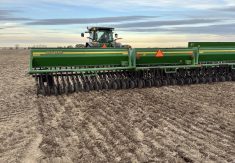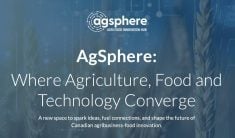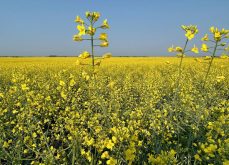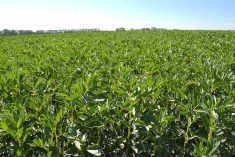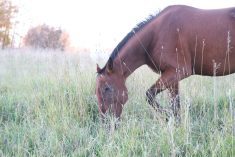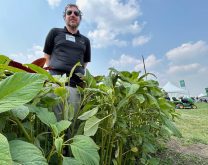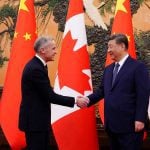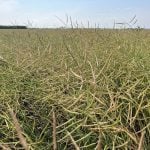“There is a growing need for institutions worldwide to work together to tackle the global response to greenhouse gas emissions in agriculture, and a key factor in this is the important role livestock has played, and is expected to play.”
– Dr. Sean McGinn, Agriculture and Agri-Food Canada, Lethbridge
“Our research is providing the underpinning information required to find, develop and put in place effective and long-lasting methane mitigation technologies for ruminant animals. Our goal is to drive this progress.”
Read Also
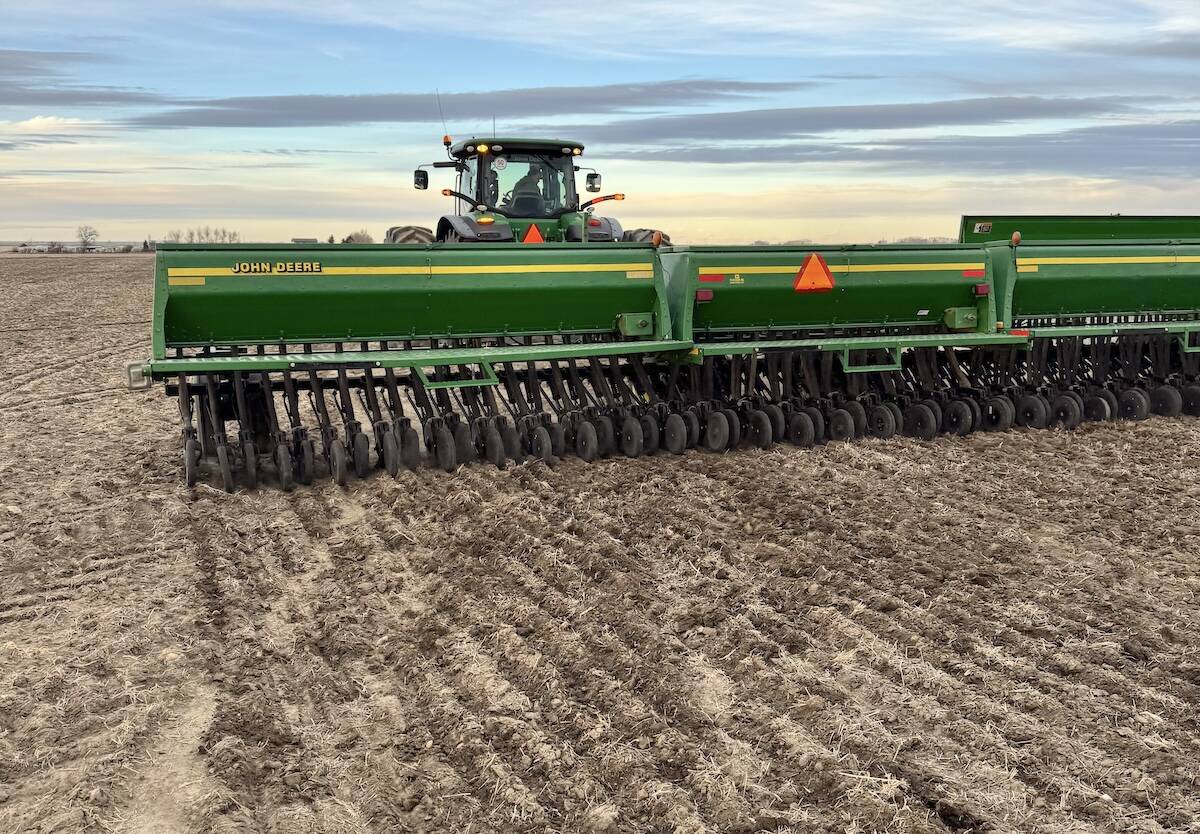
From winter soil to bountiful crops: Alberta’s ultra-early seeding experiment
Southern Alberta farmers are putting research into practice, pushing ahead traditional seeding times by months for spring wheat and durum.
– Dr. Graeme Attwood, AgResearch, New Zealand
“There are an incredible number of new studies and options emerging from this dietary area. One of the favourites that is holding up well is feeding linseed or flaxseed that contains oil. This has the additional advantage of increasing omega-3 fatty acids in milk and meat which is desirable from a human health perspective.”
– Dr. Michael Kreuzer, ETH, Switzerland
“We need to be more ambitious in our research. Tinkering at the edges with incremental gains will not get us there.”
– Dr. Richard Eckard, University of Melbourne, Australia
“It’s time to renew the ancient contract between people and livestock. Livestock offer many benefits to human society and they can help sustain the ecosystems of which they are a part. We need to continually seek even better ways of using livestock to steward the land on which we all depend.”
– Dr. Henry Janzen, Agriculture and Agri-Food Canada, Lethbridge


